38 food labels country of origin
inspection.canada.ca › food-labels › engFood labels - Canadian Food Inspection Agency Understanding food labels, country of origin, allergens, date marking, genetically engineered foods, food fraud. Legislative framework Purpose, key acts and regulations, shared responsibility for food labelling. Country of Origin Labels - PA Labels Australia Country of origin labels manufactured and printed with your choice of integrated or stand alone labelling; Meet the official Australian food labelling requirements, with colours, font and styles as recommended in the official Country of Origin Food Labelling Style Guide; Match your specific brand and packaging requirements
› food-labelling-and-packaging › foodFood labelling and packaging: Food labelling - what you must ... Food from and sold in Great Britain can be labelled as ‘origin EU’ until 31 December 2023. Check the rules for when to label meat, fish and shellfish with their country of origin .
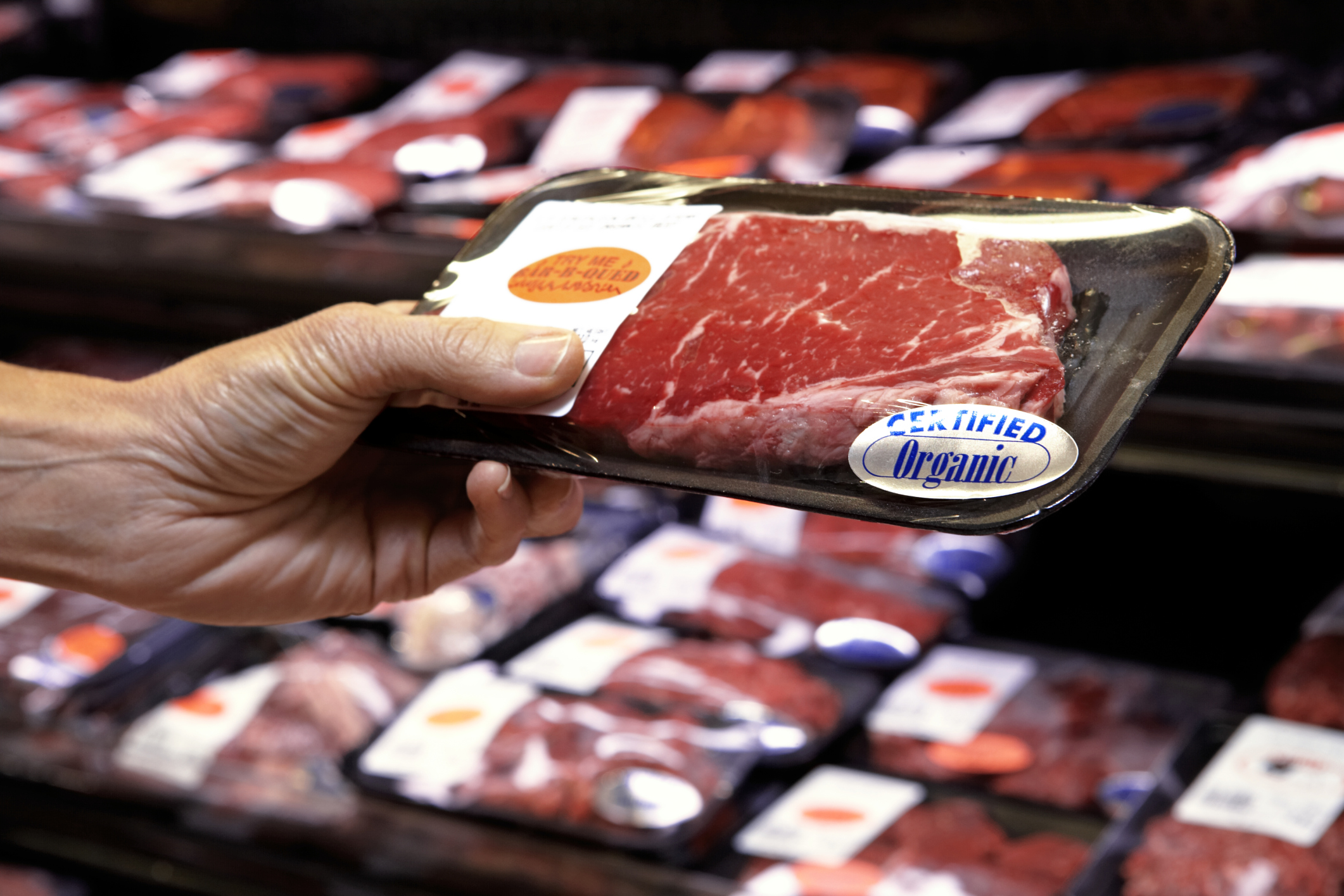
Food labels country of origin
› food-labellingFood Labelling | FAO | Food and Agriculture Organization of ... Geographical Indication (GI) labels, boasting an annual trade value of over$50 billion worldwide, are legal tools that link food products to their place of origin, providing both economic, social and environmental value to rural regions. These labels are given to products with specific attributes, qualities or reputation stemming from their ... Origin labelling - Food Safety Origin labelling of the primary ingredient of a food: Article 26 (3) of Regulation (EU) No 1169/2011 requires that where the origin of a food is given and is different from the one of its primary ingredient, the origin of the primary ingredient shall be given or at least indicated as being different to the origin of the food. Country of Origin Food Labeling | Jenn David Design The Country of Origin Labeling requirement states that "Food labeling statements regarding geographical origin must not be false or misleading in any particular." So it would be incorrect to state that the cocoa is a product of both Mexico and Chile on the label. You would need two labels in this case—one for each respective country of origin.
Food labels country of origin. › hub › importance-ofThe Importance of Food Labels | Requirements for Packaging Sep 07, 2018 · Your pre-packaged food must include the following on its labels: The name of the food. This must be a true representation of your product and must not be false or misleading. A list of ingredients. You must use ‘Ingredients’ as the heading and list the ingredients used to make the product in descending order of weight. Country of origin | NSW Food Authority Some unpackaged food, including fresh and processed fish, pork, beef, sheep and chicken mince, fruit and vegetables, must also display a country of origin label. These labels can only be used if the key ingredients in the food originated in Australia and the food is manufactured in Australia: Product of Australia Produced in Australia Food labelling: country of origin | nibusinessinfo.co.uk If all these activities took place in a single country, the label 'Origin: [name of country]' is acceptable. For the GB market, 'United Kingdom' is the origin label for beef and veal from both GB and NI, although additional information may be included if desired. The abbreviation 'UK' is permitted. Commerce Commission - Country of origin of food From 12 February 2022, businesses must disclose where certain fresh and thawed food comes from that they supply, offer, or advertise for supply to consumers in New Zealand. The requirement to disclose only applies to cured pork products and single-ingredient fruit, vegetable, fish, seafood, and meat that is no more than minimally processed.
The USDA's Country Of Origin Labeling Programs Country Of Origin Food Labelling. Foods that are required to be labelled with a country of origin include: • meat (including poultry) • fish and seafood • fresh fruit and vegetables • nuts • peanut butter • honey • maple syrup • dried fruit • coffee and tea The purpose of country of origin food labelling is to help consumers ... Is Country-of-Origin Labeling a Food Safety Issue? By Lydia Zuraw on February 5, 2014. Country-of-origin labeling (COOL) is not a food safety issue. Except when it is. The law requires that much of our food be labeled with its source country, but ... Must processed food products have a country of origin label? - USDA Jul 17, 2019. Knowledge Article. Retail items that meet the definition of a processed food item do not require labeling under the COOL final rule. For more information, visit Common Questions & Answers on Country of Origin Labeling. Live chat: Country of origin labelling online tool | business.gov.au When you're ready to create your country of origin label, make sure you know: if your product contains Australian ingredients the percentage (or average percentage) of Australian ingredients in your product the name of the country where your product was made ('last substantially transformed ') or virtually all of its processing was undertaken
Food labelling: country of origin - GOV.UK Food labelling: country of origin Beef and veal labelling. For beef and veal sold in GB, you can refer to 'non-EU' until 31 December 2023. From 1 January... Minced beef and veal labelling. GB and NI origin beef can continue to be batched together for sale on any market. They... Poultry, sheep, goats ... Evaluating country of origin labelling for food reforms We're evaluating reforms to Country of Origin Labelling (CoOL) for Food regulations, and are seeking input from stakeholders and consumers. We'd like to know how effective the reforms and new labelling requirements have been, including the impacts and any unintended consequences. › rules-regulations › coolCountry of Origin Labeling (COOL) | Agricultural Marketing ... Country of Origin Labeling (COOL) is a labeling law that requires retailers, such as full-line grocery stores, supermarkets and club warehouse stores, to notify their customers with information regarding the source of certain foods. Country of origin labelling - Department of Industry, Science and Resources Country of origin labelling Food products Australian food labels must say where food is grown, produced, made or packed. This helps consumers make informed decisions about the food they buy. Tools for business If you sell food in retail stores in Australia, you must consider if your products need country of origin food labels.
Country of origin labelling - Food Standards The Australian Government introduced a country of origin food labelling system under Australian Consumer Law on 1 July 2016. Country of origin labelling requirements for food is in the Country of Origin Food Labelling Information Standard 2016, under the Competition and Consumer Act 2010. These requirements became mandatory on 1 July 2018.
Do the labels tell you which country your food comes from? - CHOICE 3. Clearly show country of origin information online. People shopping for food online should be able to see the country of origin information when making their choices. Ideally, an image of the label should be shown, but at the very least the information should be available as text in the product description.
Country of origin of food - Ministry of Business, Innovation and Employment On 10 May 2021 the Consumer Information Standards (Origin of Food) Regulations 2021 (the Regulations) were made under the Fair Trading Act 1986. These Regulations give effect to the requirements in the Act by setting the detailed country of origin labelling requirements. The Regulations were due to commence on 12 November 2021.
Country of Origin Labelling - New Zealand Food and Grocery Council Country of Origin Labelling - New Zealand Food and Grocery Council From 12 February 2022, businesses must comply with the new Consumer Information Standards (Origin of Food) Regulations that apply to certain fresh and thawed foods: fruit, vegetables, finfish, shellfish, and cured pork such as ham, bacon, and prosciutto.
› guidance › food-labelling-giving-foodFood labelling: giving food information to consumers - GOV.UK Apr 27, 2015 · Added related guides on Labelling loose food, Naming food products Country of Origin information for meat and fish, Meat Products: sell them legally in England. 26 October 2016 Removed definition ...
Country of origin labelling for food products - Canadian Food ... In Canada, there are mandatory requirements for certain food products to indicate the country of origin on their labels. Companies may also make voluntary claims to highlight the origins of a product or ingredient in a product. Country of origin labelling does not provide information on the safety of a food product.
PDF Country of Origin Labelling - Food Standards The existing country of origin labelling provisions in the Code came into effect in December 2002. They are only transitional measures1 and they are the subject of the current review. The existing standard requires: mandatory country of origin labelling on all packaged foods; mandatory country of origin labelling on or near certain
CPG Sec. 560.200 Country of Origin Labeling - Food and Drug Administration CPG Sec. 560.200 Country of Origin Labeling BACKGROUND: A statement of the country of origin on the labeling of imported foods is not required by the Federal Food, Drug, & Cosmetic Act. This is a...
Country of origin food labelling | business.gov.au Country of origin food labelling can let consumers know which country a product came from. If you supply food for retail sale in Australia then the Country of Origin Food Labelling Information Standard 2016 (the Information Standard) may apply to your products. If the Information Standard does not apply to your product, then the Australia New Zealand Food Standards Code will apply.
Mandatory country-of-origin labeling (US) - Wikipedia Country of origin labeling (COOL) (or mCOOL [ m for mandatory]) is a requirement signed into American law under Title X of the Farm Security and Rural Investment Act of 2002 (also known as the 2002 Farm Bill), codified at 7 U.S.C. § 1638a as Notice of country of origin. This law had required retailers to provide country-of-origin labeling for ...
COOL food labels to cost billions | Food Processing The USDA projects that the new country-of-origin food label rules, which go into effect on September 30, will cost U.S. companies $2.5 billion next year to comply. And more than 1.2 million U.S. business "establishments" will be "either directly or indirectly affected" by the new labeling requirements, the department estimates. Originally mandated in the 2002 farm bill, COOL rules stalled ...
Country of origin on food labels - Canadian Food Inspection Agency Country of origin labelling does not provide information on the safety of a food product. All food products sold in Canada, whether produced in Canada or abroad, must meet the same food safety standards. Mandatory labelling. All prepackaged food products sold in Canada are required to be labelled with the name and principal place of business of the company responsible for the product, such as the importer or manufacturer. When a food product is wholly manufactured outside of Canada, the ...
Country of Origin Labeling (COOL) Frequently Asked Questions The abbreviations "P.R. China" and "China" are acceptable for country of origin marking purposes for products originating from the People's Republic of China. Either "Netherlands" or "Holland" is an acceptable abbreviation for The Netherlands.
Country of origin food labelling | ACCC A food that cannot claim to have been grown, produced or made in a particular country will generally be labelled according to where it was 'packed in'. The labels The Standard sets out three general formats for country of origin labelling.
inspection.canada.ca › food-labels › labellingFood labelling for industry - Canadian Food Inspection Agency The Industry Labelling Tool is the food labelling reference for all food inspectors and stakeholders in Canada. It replaces the Guide to Food Labelling and Advertising, and the Decisions page to provide consolidated, reorganized and expanded labelling information. This tool provides information on:
CPG Sec 560.200 Country of Origin Labeling | FDA - U.S. Food and Drug ... Office of Regulatory Affairs Food labeling statements regarding geographical origin must not be false or misleading in any particular. FDA's policy prohibiting false or misleading labeling of food...
Country of Origin Food Labeling | Jenn David Design The Country of Origin Labeling requirement states that "Food labeling statements regarding geographical origin must not be false or misleading in any particular." So it would be incorrect to state that the cocoa is a product of both Mexico and Chile on the label. You would need two labels in this case—one for each respective country of origin.
Origin labelling - Food Safety Origin labelling of the primary ingredient of a food: Article 26 (3) of Regulation (EU) No 1169/2011 requires that where the origin of a food is given and is different from the one of its primary ingredient, the origin of the primary ingredient shall be given or at least indicated as being different to the origin of the food.
› food-labellingFood Labelling | FAO | Food and Agriculture Organization of ... Geographical Indication (GI) labels, boasting an annual trade value of over$50 billion worldwide, are legal tools that link food products to their place of origin, providing both economic, social and environmental value to rural regions. These labels are given to products with specific attributes, qualities or reputation stemming from their ...

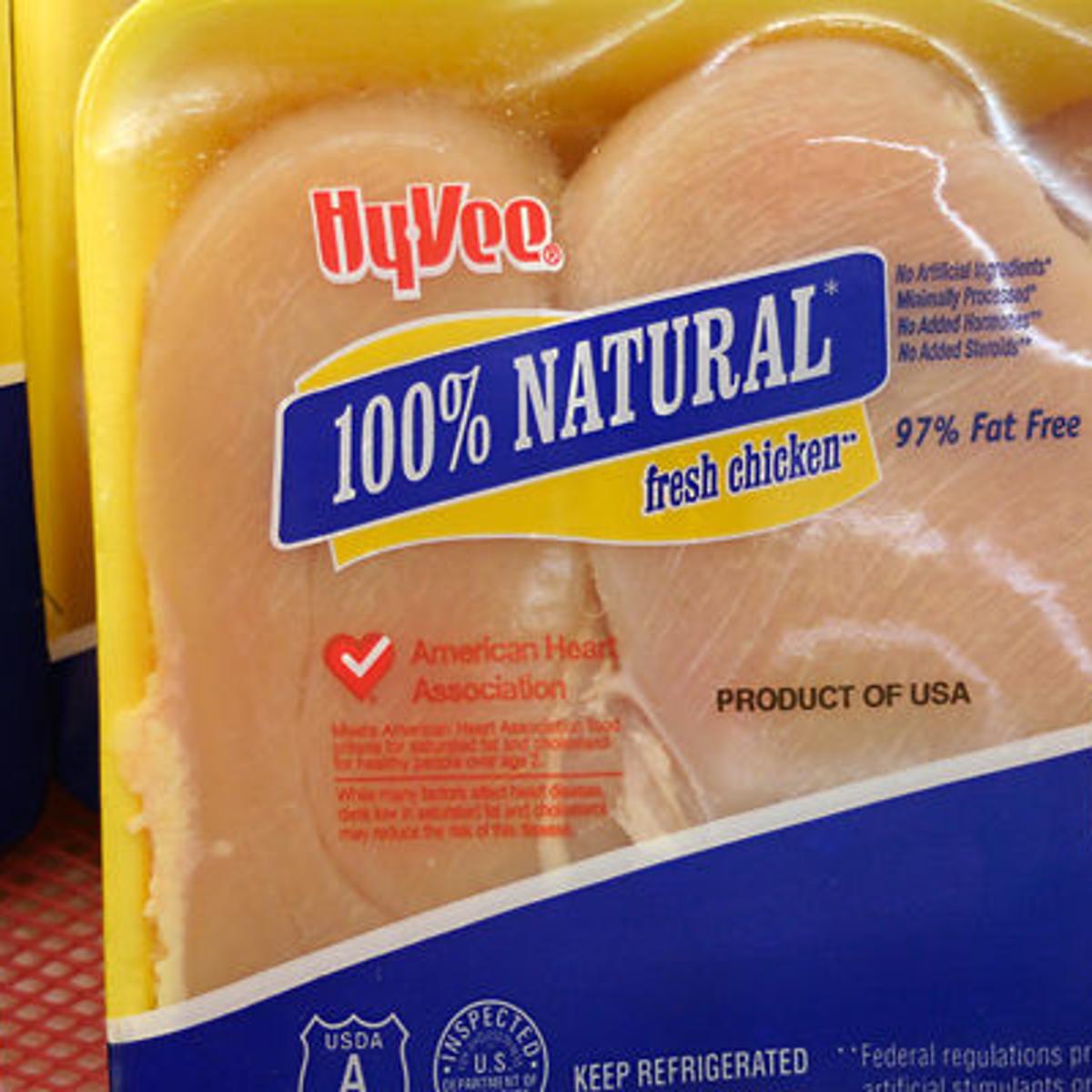
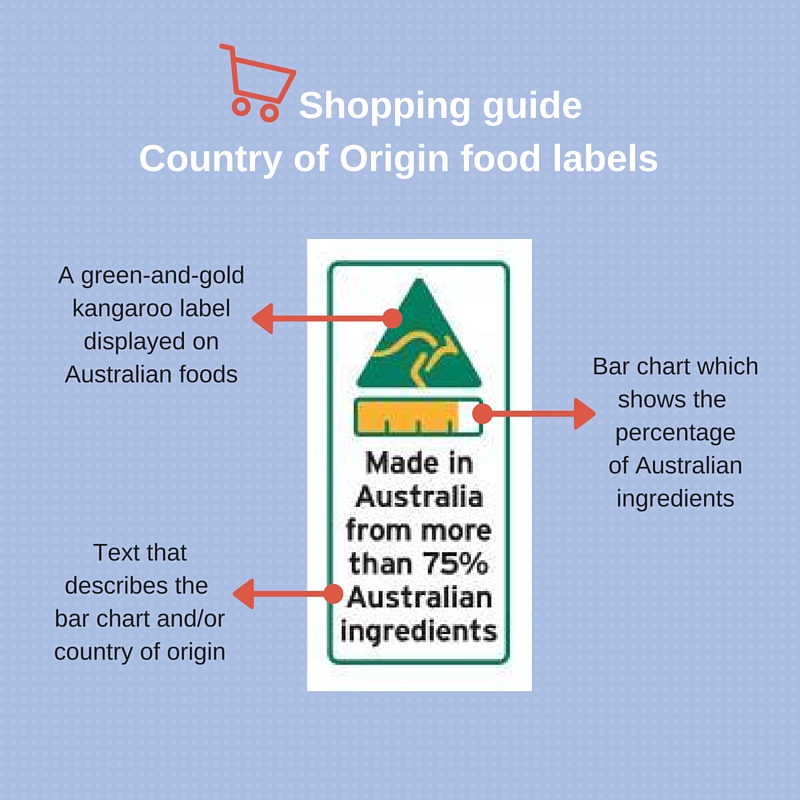


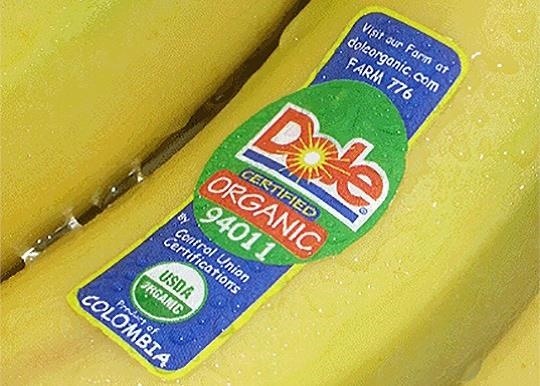

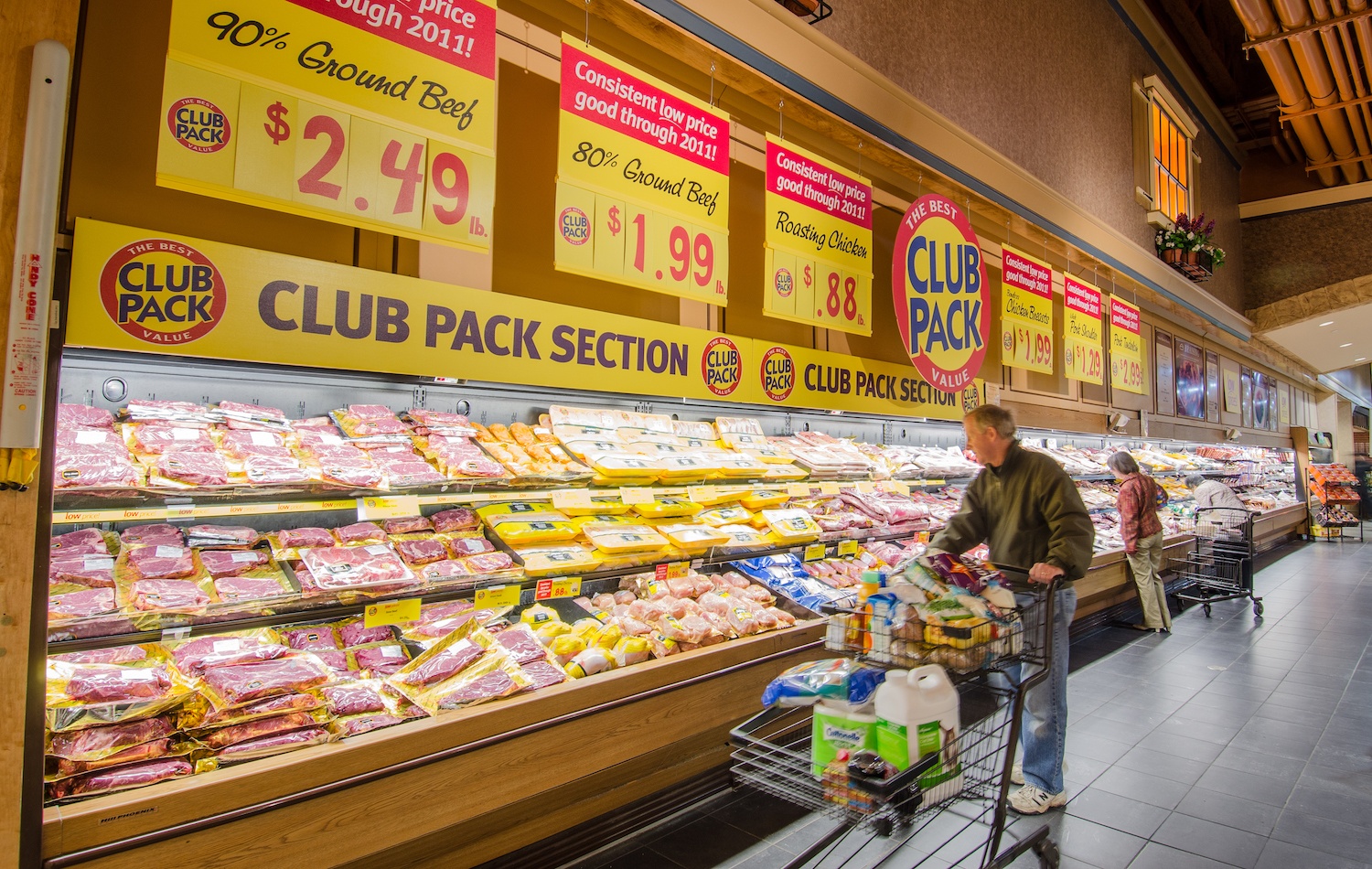
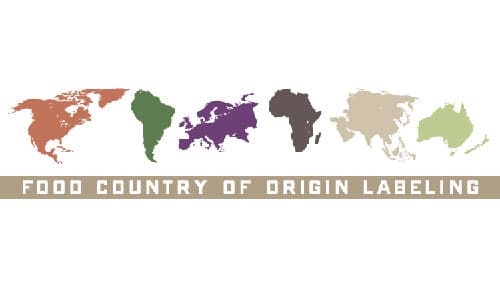

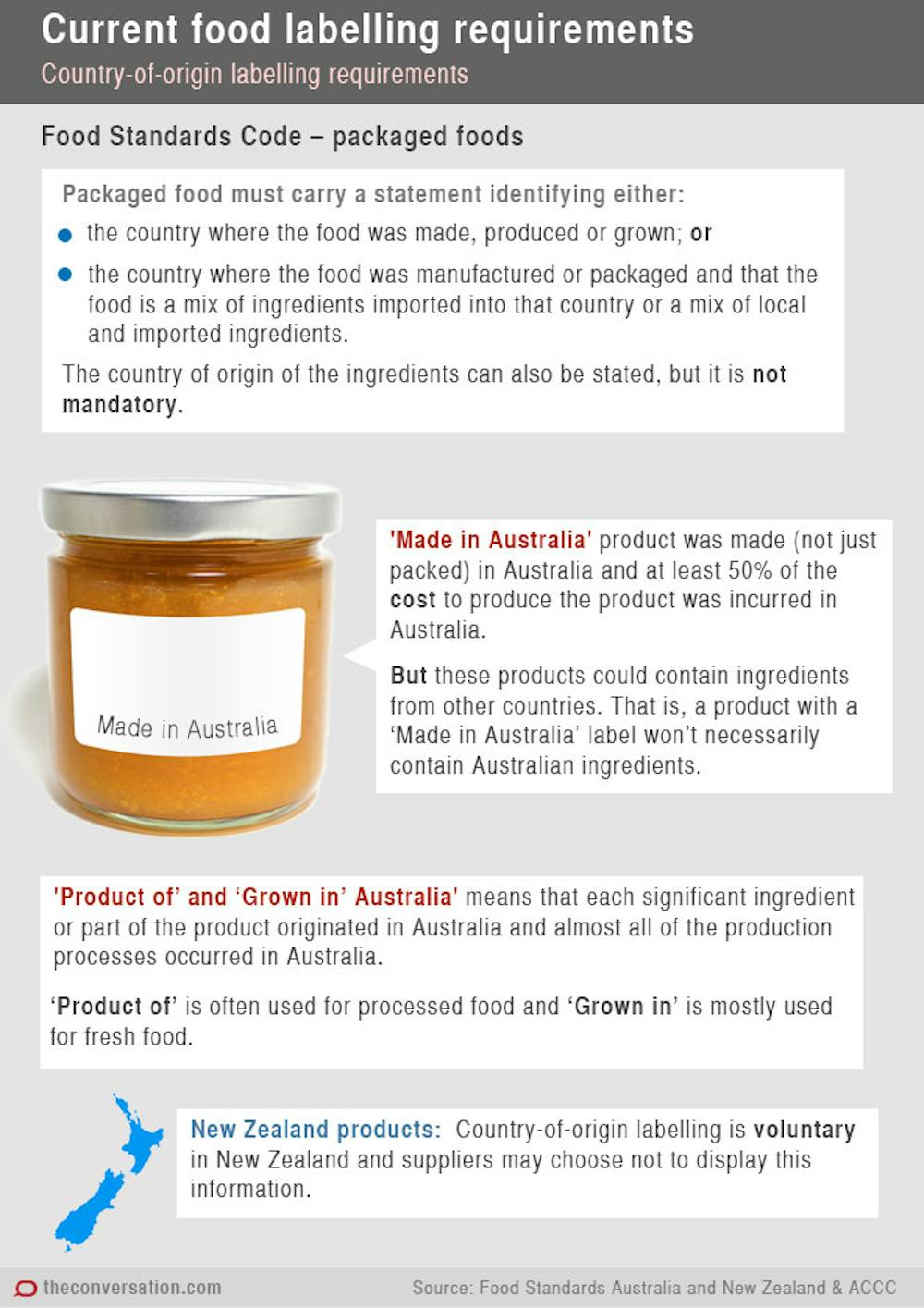
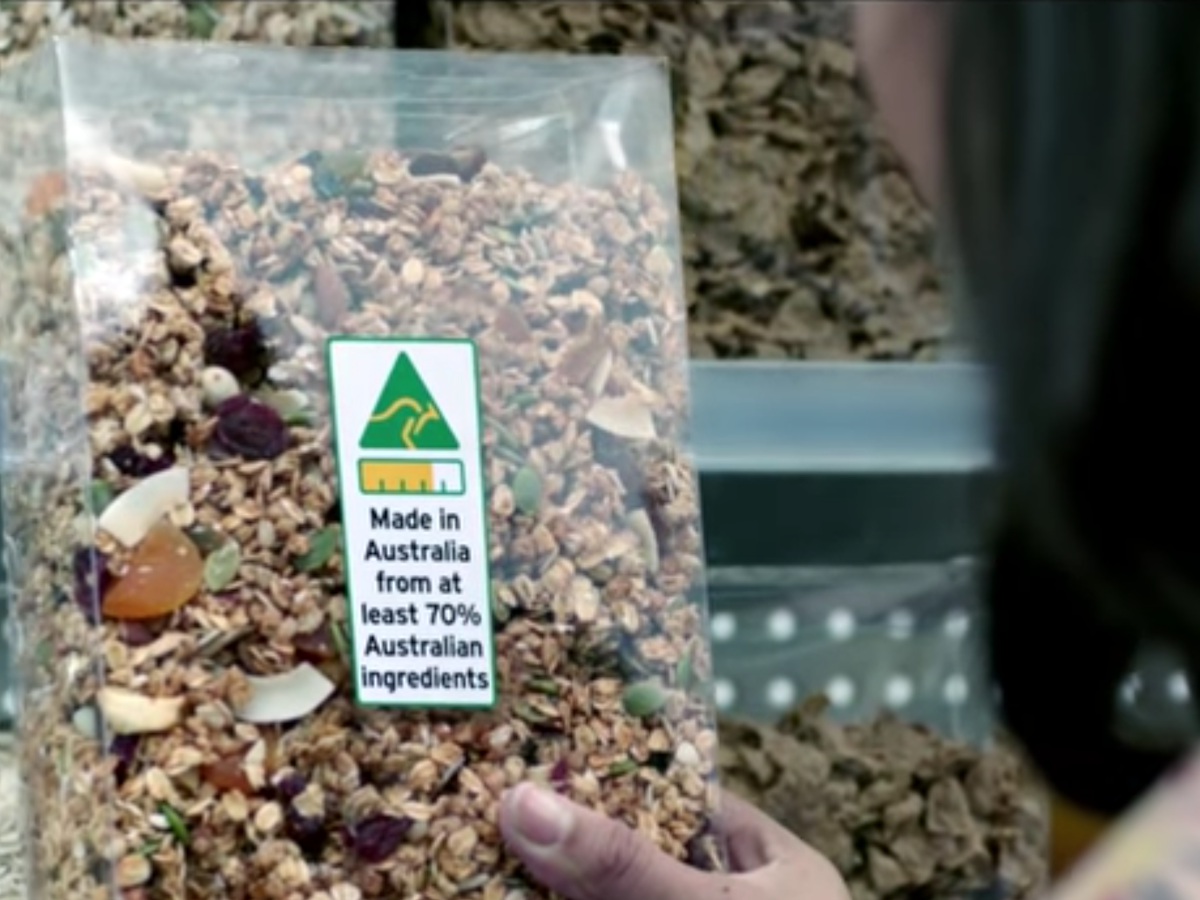

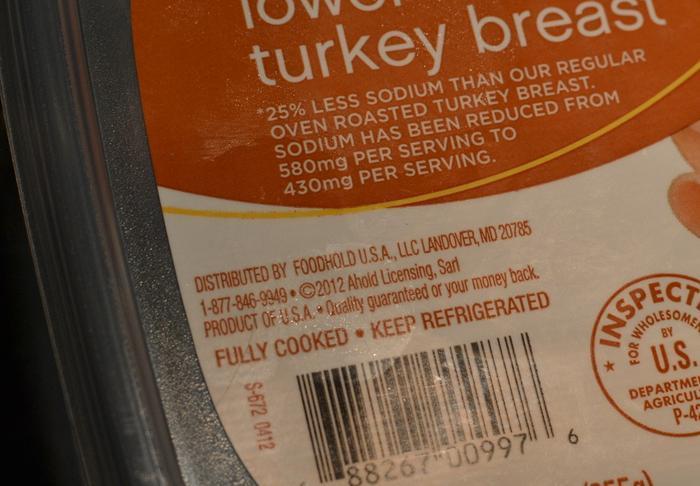


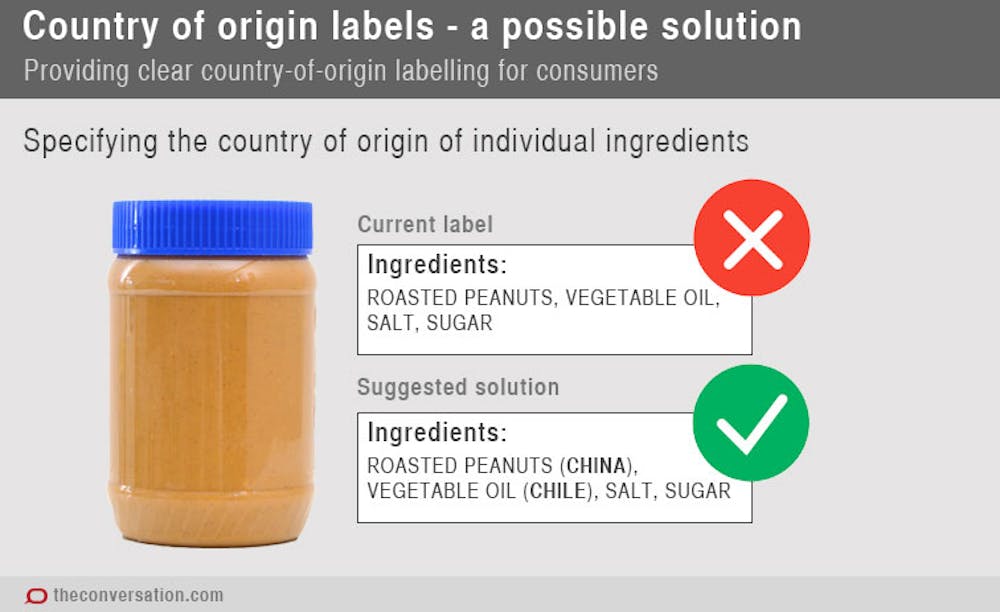
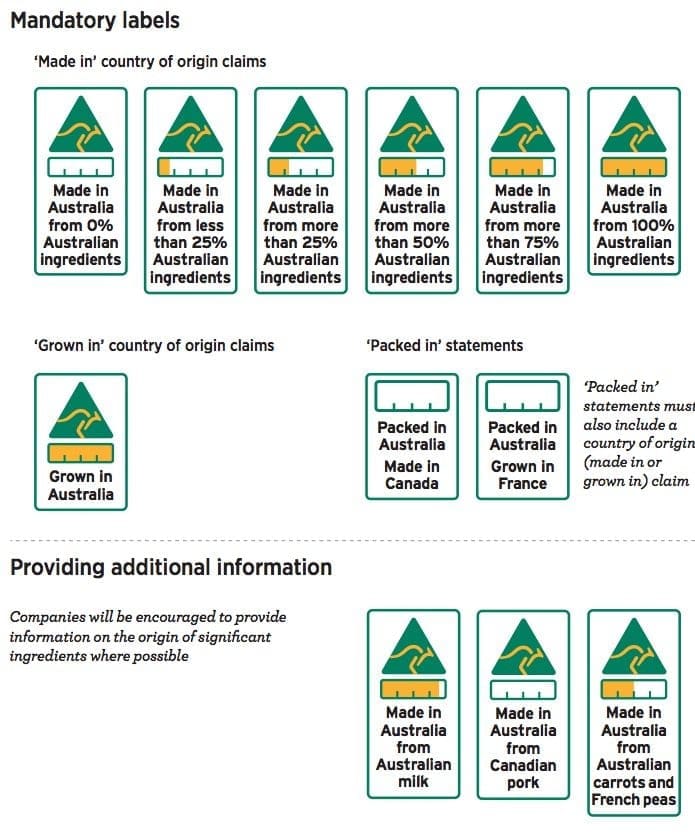
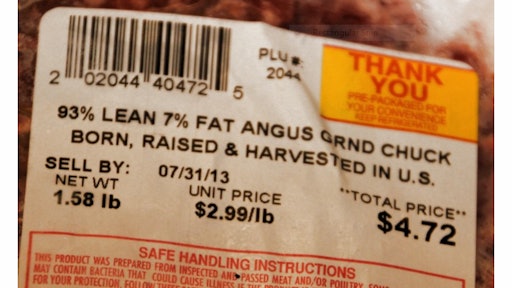

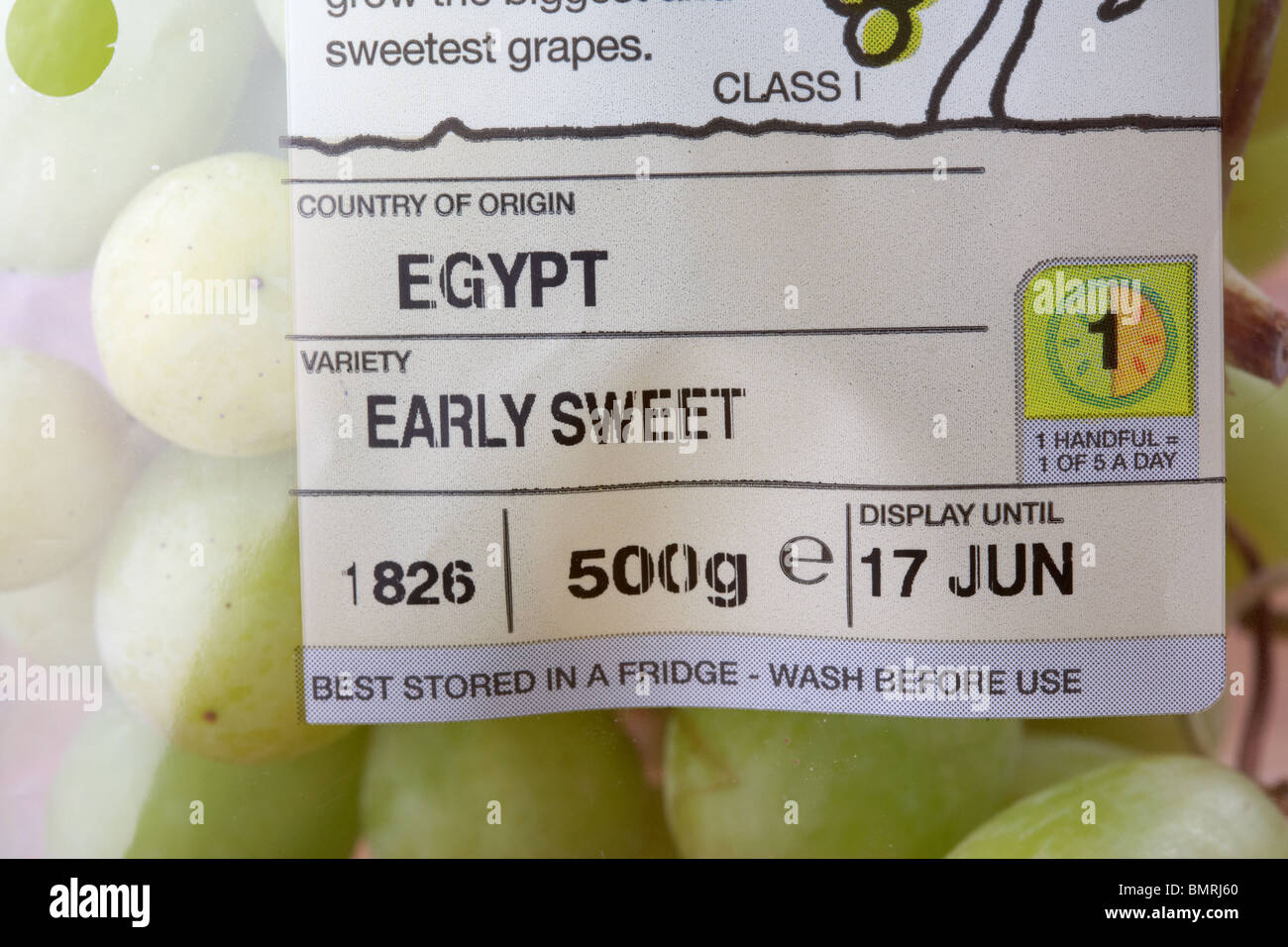
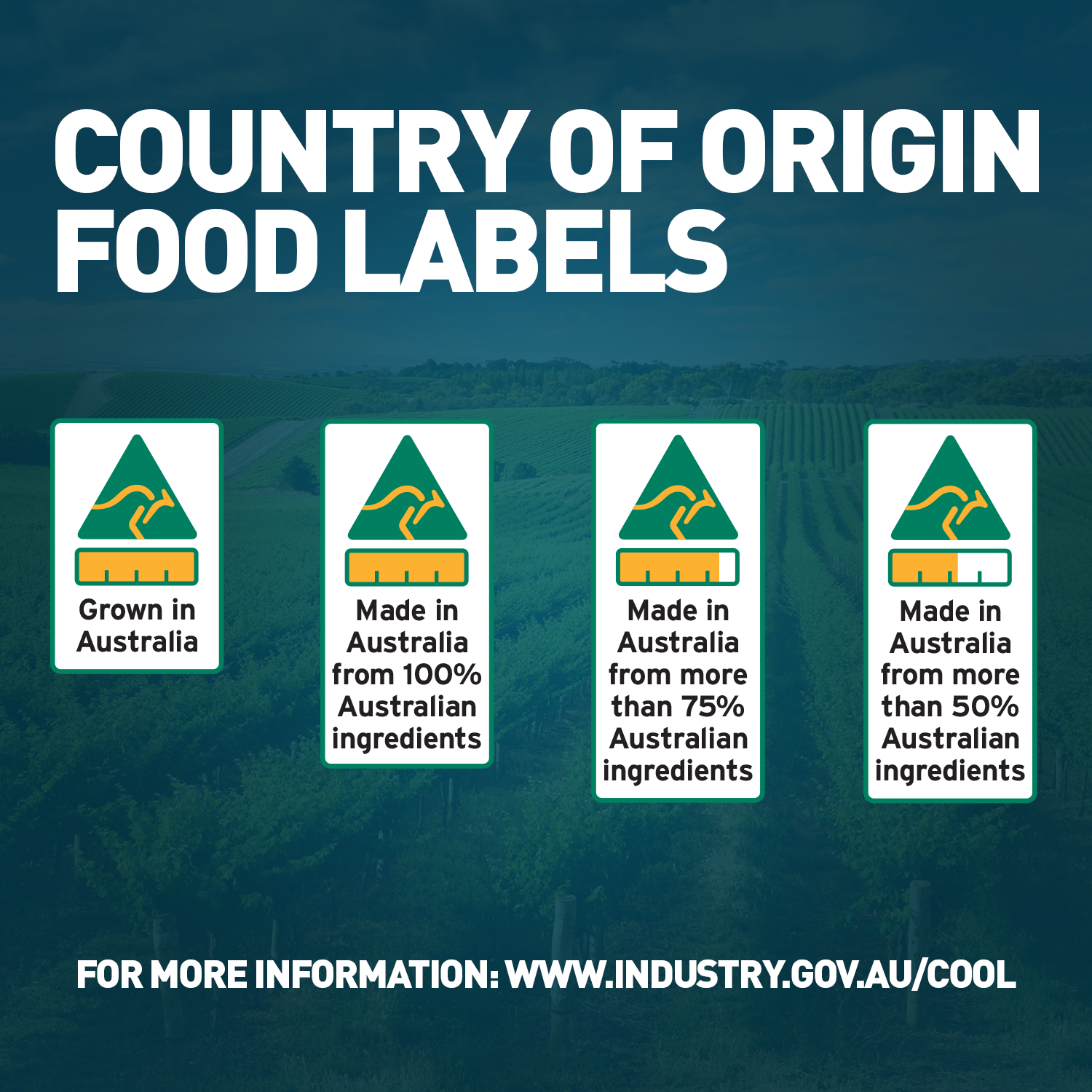

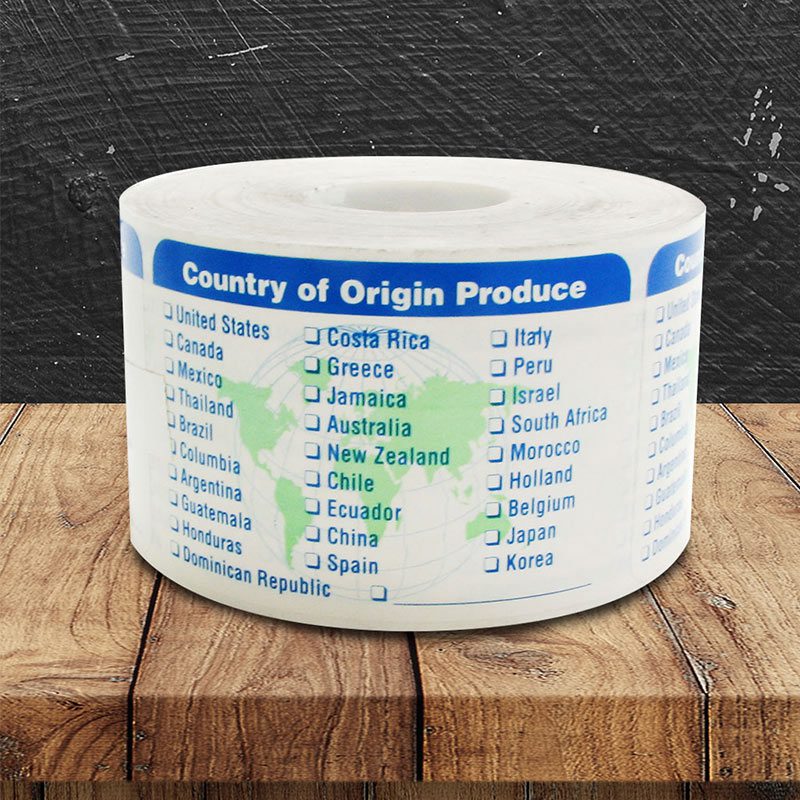
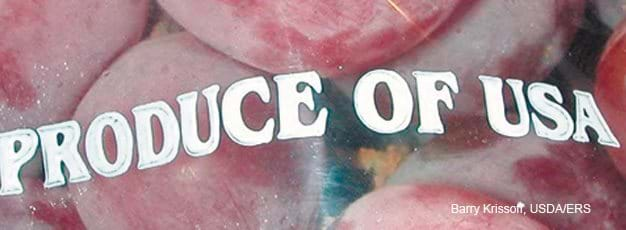



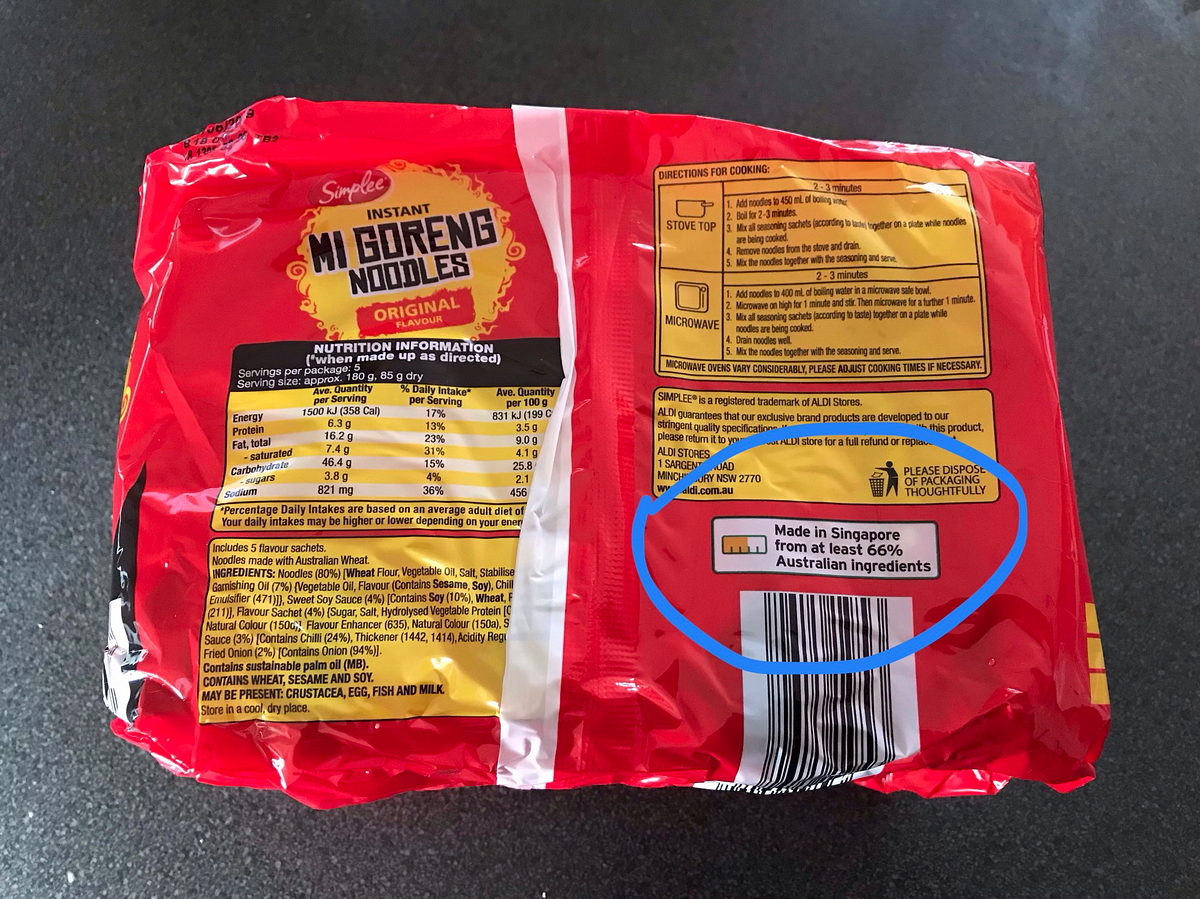

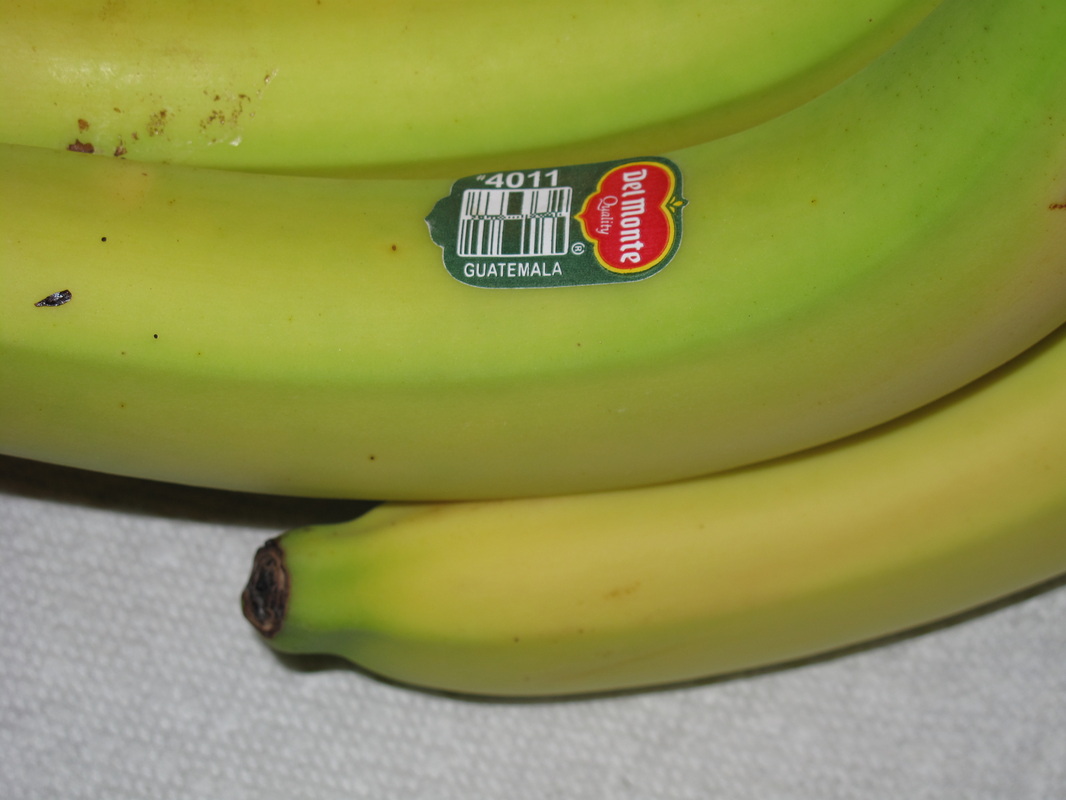
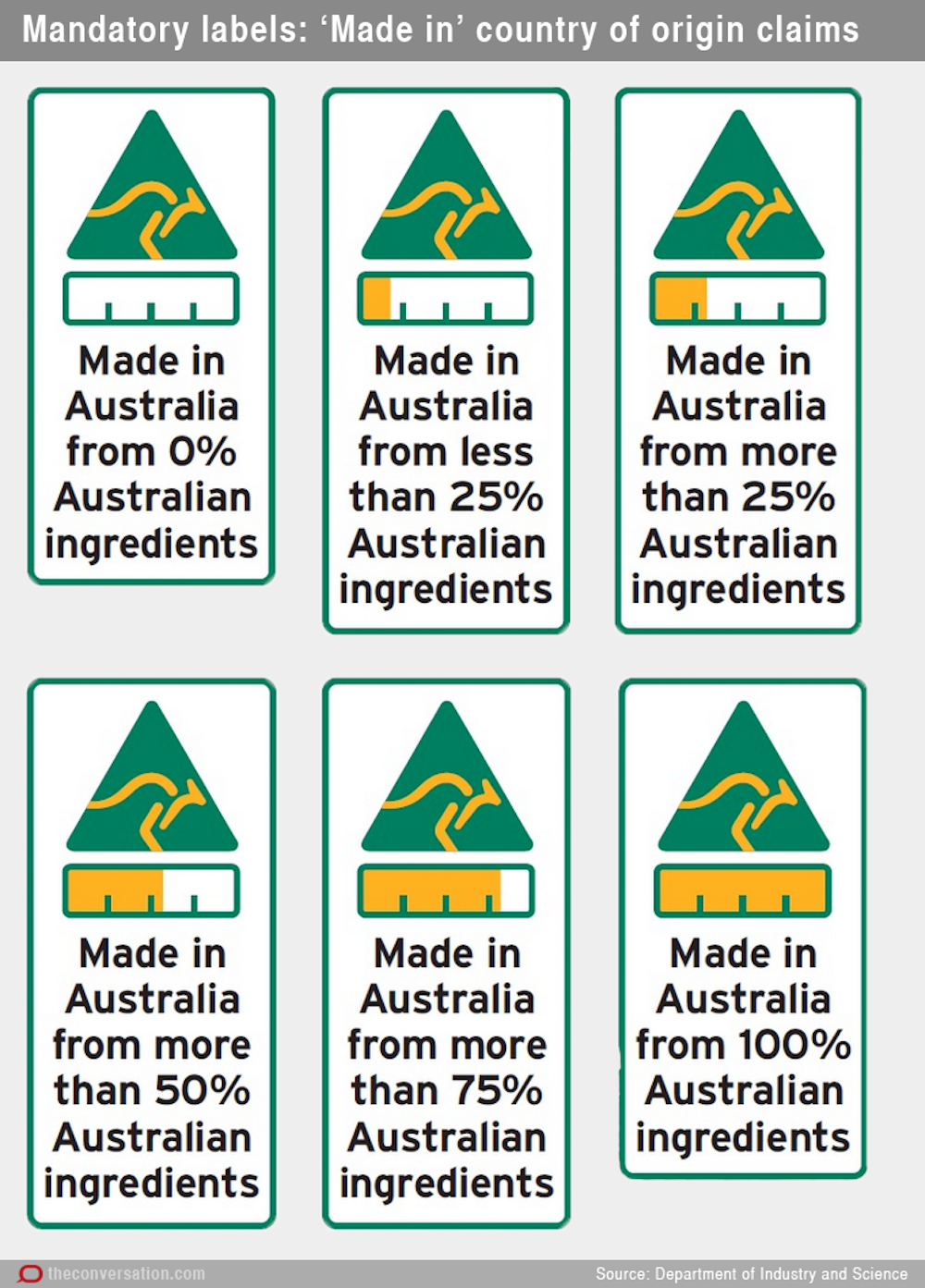


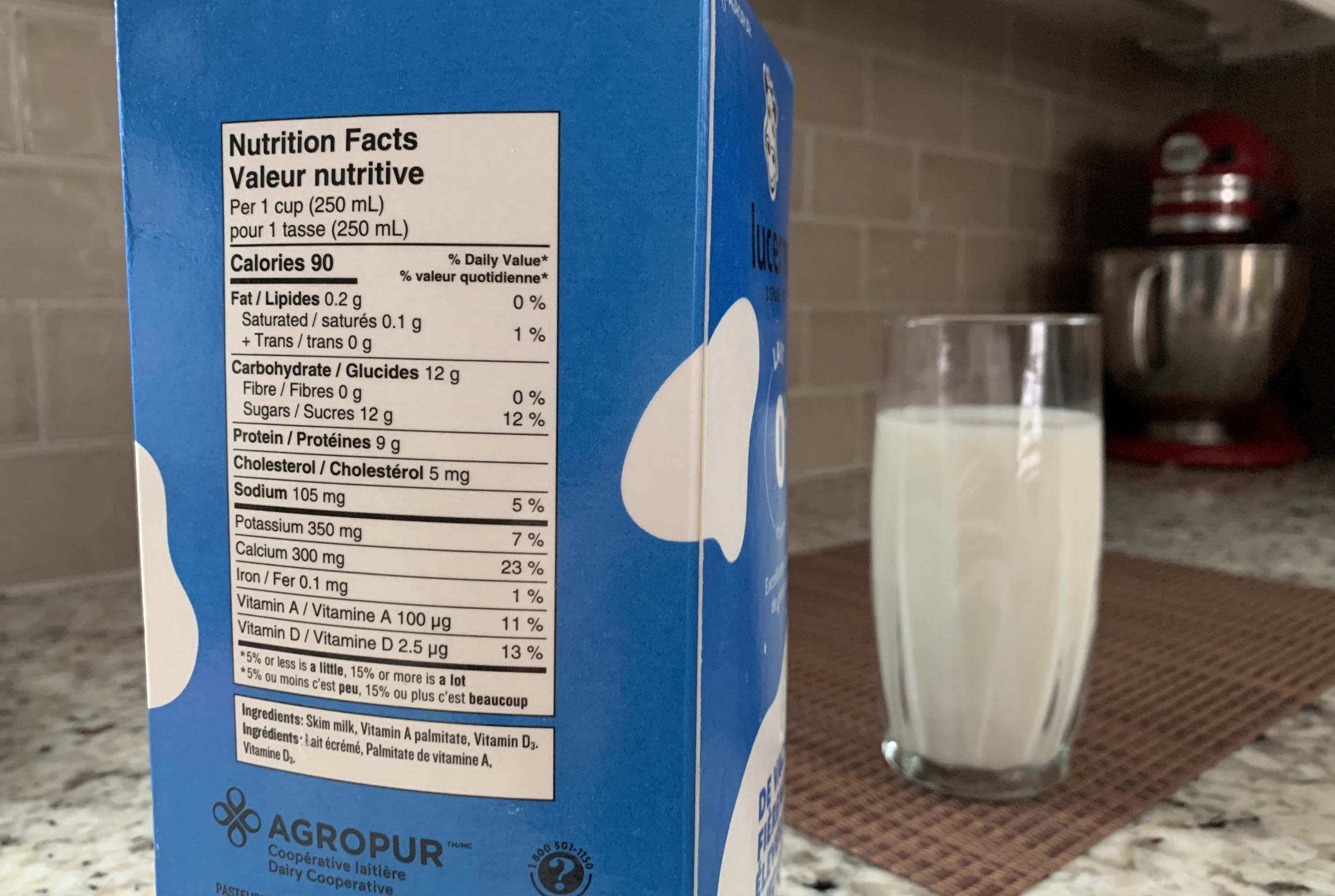
Post a Comment for "38 food labels country of origin"